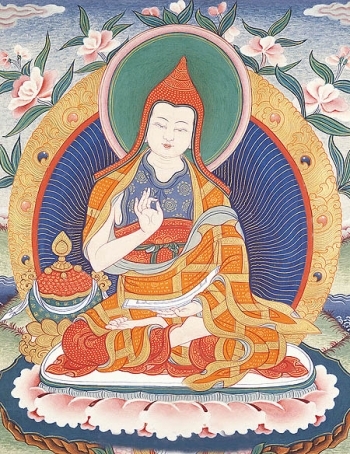What do you think?
Rate this book


224 pages, Paperback
First published January 1, 700
If something does not come to be when something else is absent,
And does arise, that factor being present,
That factor is indeed its cause.
How can it, then, be said to hinder it! (stanza 104)
[...]
So, like a treasure found at home,
That I have gained without fatigue,
My enemies are helpers in my Bodhisattva work
And therefore they should be a joy to me. (stanza 107)
Since I have grown in patience
Thanks to them,
To them its first fruits I should give,
For of my patience they have been the cause. (stanza 108)

Mutluluk nadir bulunur, üzüntü ise çabasız ele geçer; üzüntü çekmeden kurtuluşa ermek olmaz. O sebeple ey aklım, güçlü olmalısın! (p.38)